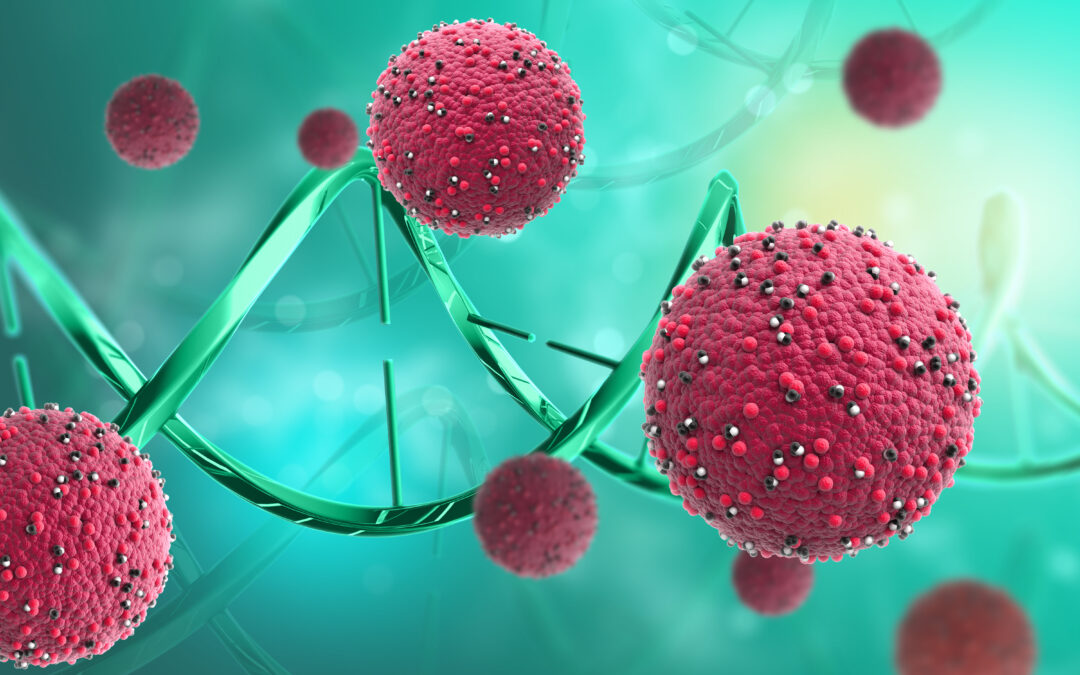How to Balance Hormonal Changes Naturally: A Comprehensive Guide
Hormones play a crucial role in regulating nearly every bodily function—from metabolism and mood to reproductive health and sleep cycles. When hormones are imbalanced, it can lead to a range of symptoms, including fatigue, weight gain, mood swings, acne, and irregular periods.
The good news? Many hormonal imbalances can be managed naturally through diet, lifestyle changes, and holistic remedies. In this article, we’ll explore science-backed strategies to restore hormonal harmony.
Understanding Hormonal Imbalance
Hormones are chemical messengers produced by the endocrine system, including glands like the thyroid, adrenals, pancreas, and ovaries/testes. An imbalance occurs when there’s too much or too little of a hormone in the bloodstream.
Common Signs of Hormonal Imbalance
-
Fatigue (adrenal or thyroid dysfunction)
-
Weight fluctuations (insulin or leptin resistance)
-
Mood swings & anxiety (cortisol, serotonin, or estrogen imbalance)
-
Acne & skin issues (androgens like testosterone)
-
Irregular periods (estrogen and progesterone imbalance)
Natural Ways to Balance Hormones
1. Eat a Hormone-Balancing Diet
Nutrition plays a pivotal role in hormone regulation. Key dietary strategies include:
Healthy Fats
-
Omega-3 fatty acids (found in salmon, chia seeds, and walnuts) reduce inflammation and support brain hormones.
-
Coconut oil and avocados provide medium-chain triglycerides (MCTs) that support thyroid and adrenal function.
“Healthy fats are essential for hormone production because hormones are made from cholesterol and fat.” – Dr. Mark Hyman, Functional Medicine Expert.
Fiber-Rich Foods
-
Flaxseeds, lentils, and vegetables help detox excess estrogen by improving gut health.
-
Soluble fiber stabilizes blood sugar, reducing insulin spikes.
Protein at Every Meal
-
Protein influences ghrelin (hunger hormone) and supports muscle repair.
-
Sources: Grass-fed meat, eggs, legumes, and quinoa.
2. Manage Stress & Cortisol Levels
Chronic stress elevates cortisol, disrupting other hormones like progesterone and insulin.
Adaptogenic Herbs
-
Ashwagandha and Rhodiola help regulate cortisol and improve thyroid function (NCBI Study, 2012).
-
Holy Basil (Tulsi) reduces stress-induced hormonal fluctuations.
Mindfulness & Sleep
-
Deep breathing, yoga, and meditation lower cortisol.
-
Prioritize 7-9 hours of sleep—melatonin (sleep hormone) regulates reproductive hormones.
3. Exercise Wisely
-
Over-exercising raises cortisol; balance with strength training, yoga, and walking.
-
HIIT workouts improve insulin sensitivity (Journal of Obesity, 2011).
4. Support Gut Health
The gut microbiome influences estrogen metabolism (Endocrine Reviews, 2014).
-
Probiotics (kefir, kimchi, sauerkraut) aid digestion and hormone detox.
-
Reduce sugar and processed foods to prevent gut inflammation.
5. Reduce Toxin Exposure
Endocrine-disrupting chemicals (EDCs) in plastics, cosmetics, and pesticides mimic hormones.
-
Use glass containers instead of plastic.
-
Choose organic produce and natural skincare.
Herbs & Supplements for Hormonal Balance
-
Maca Root – Balances estrogen and progesterone (Evidence-Based Complementary Medicine, 2015).
-
Vitamin D – Supports thyroid and immune function.
-
Magnesium – Reduces PMS and supports adrenal health.
Final Thoughts
Balancing hormones naturally requires a holistic approach—nutrition, stress management, exercise, and toxin reduction work synergistically. While severe imbalances may need medical intervention, these lifestyle changes can significantly improve hormonal health over time.
“The body has an innate ability to heal when given the right tools.” – Dr. Sara Gottfried, Hormone Specialist.
Take Action Today!
Start with small steps: swap processed foods for whole foods, practice mindfulness, and prioritize sleep. Your hormones—and overall health—will thank you.
References:
-
Hyman, M. (2018). The UltraMind Solution.
-
National Center for Biotechnology Information (NCBI). (2012). Ashwagandha and Stress Reduction.
-
Journal of Obesity. (2011). HIIT and Insulin Sensitivity.
-
Endocrine Reviews. (2014). Gut Microbiome and Hormones.

